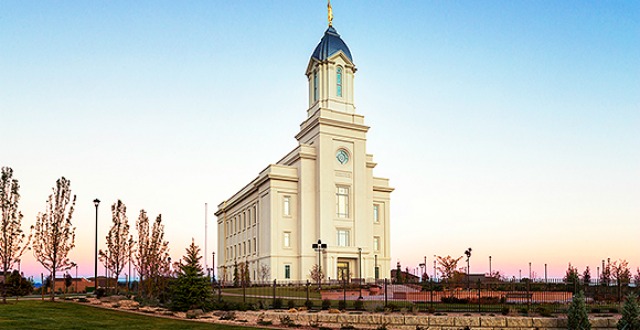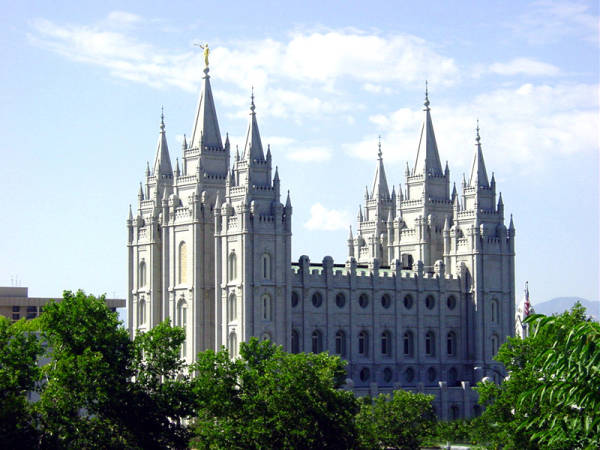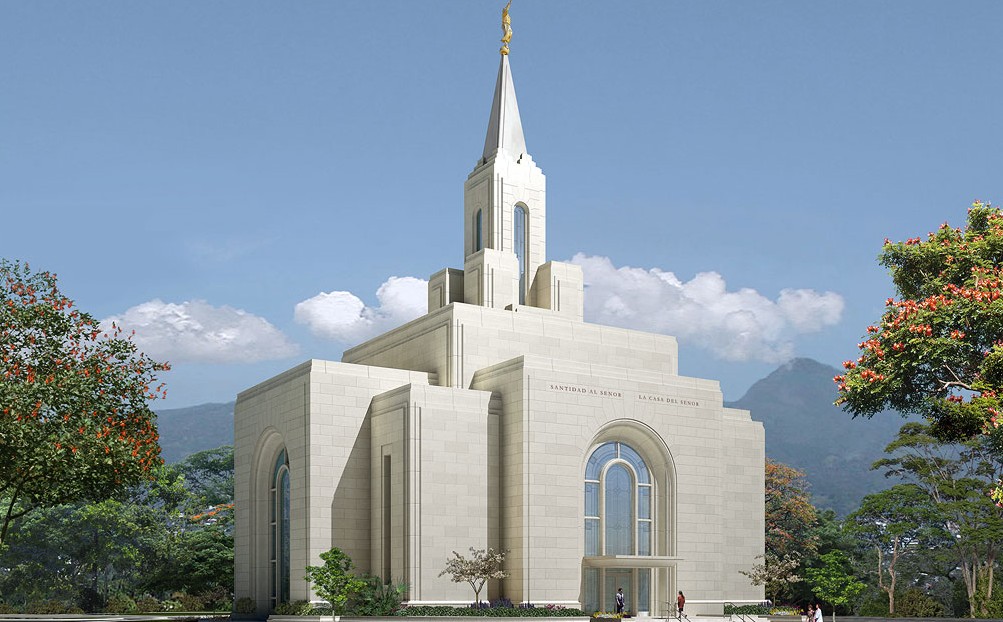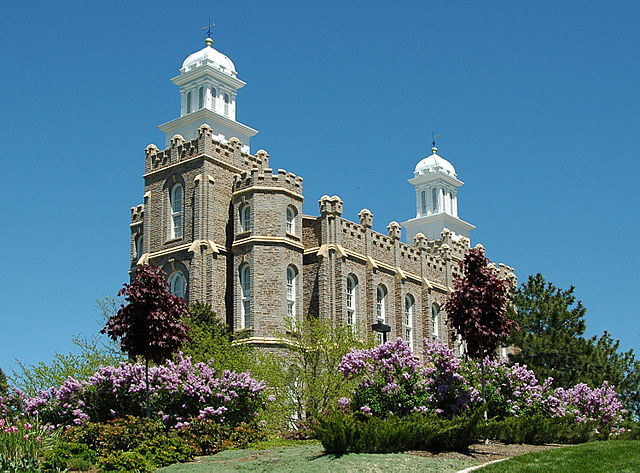Question
Gramps,
Temples are necessary in order that the sacred ordinances and covenants necessary for exaltation in the celestial kingdom may be bestowed upon all those who are worthy of exaltation. At the end of the Millennium all will have been resurrected and all of the necessary work completed. Therefore it seems logical that there will be no Temples on this celestialized sphere (all vicarious work completed) and this perfected sphere will become a Holy of Holies. Is this good doctrine?
John
Answer
John,
Temples today are primarily ordinance houses for the living and the dead. Historically, they have served as ordinance houses (washings in Kirtland and sacrifices in Jerusalem), but have also been dedicated for so much more. The Old Testament temple was a place of learning, where Jesus finds the learned masters and sits at their feet. The Kirtland temple was used as a place for regular worship for the saints. The temple in Independence was actually meant to be 24 temples that would also serve as administrative centers; the Salt Lake City temple still serves in this capacity today, with the General Authorities meeting regularly there.
I agree that we will no longer need to perform any work for our dead (the time for that will have passed anyway), but I’m not certain that we’ll no longer have a temple. I can see the use for a place of learning; perhaps even a place of celestial ordinances, advancing from glory to glory; a place to continue in worship of our Father; and a place to administer whatever heavenly affairs we have. Additionally, some of the visions the prophets have of Christ place Him on a throne in His heavenly temple (see Isaiah 6) which includes an altar of incense.
Conversely, I also agree that the Holy of Holies is a symbol of the celestial kingdom, and so a celestialized world may itself be consecrated to these purposes. I’m just a bit more cautious than to declare the order of the celestial kingdom.
Gramps







